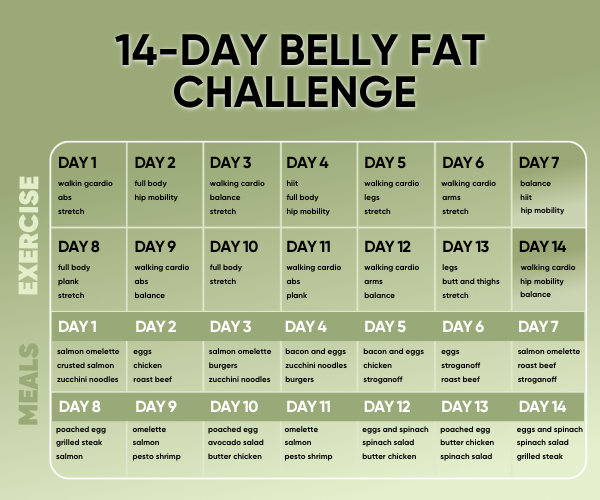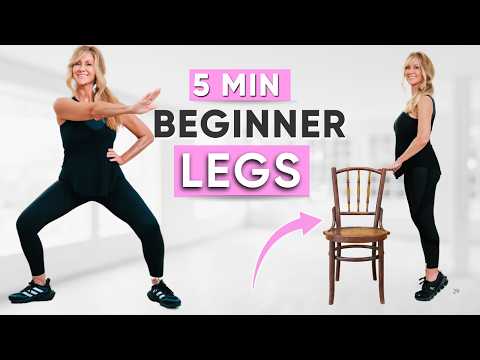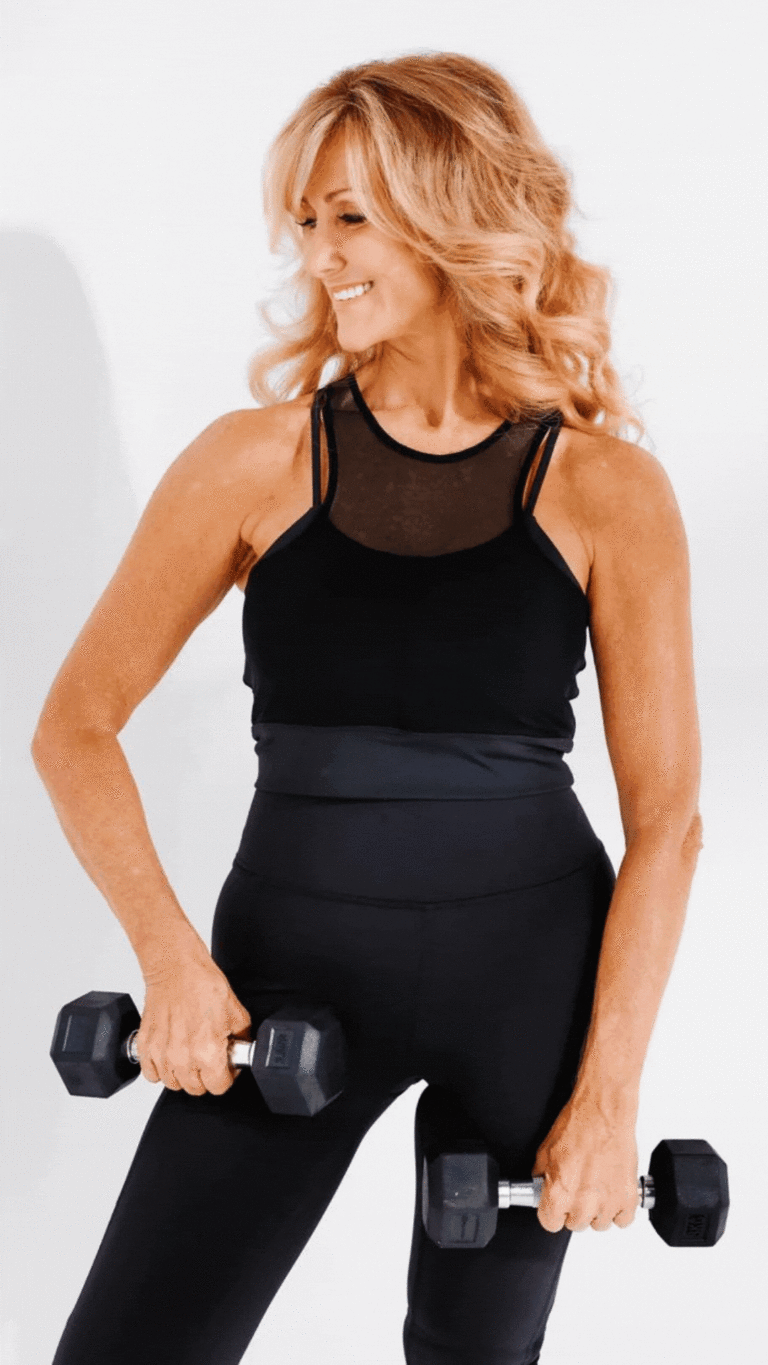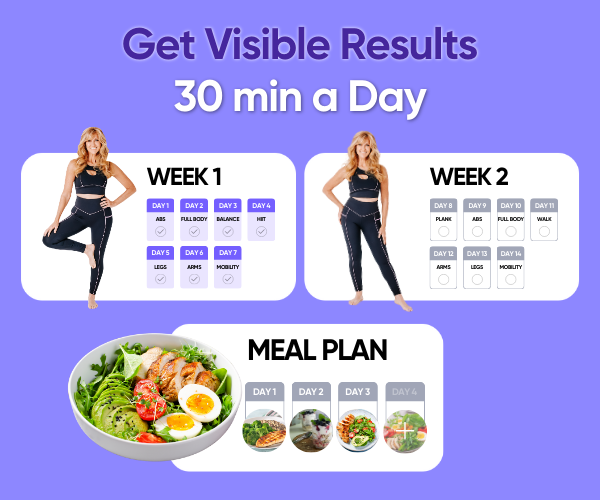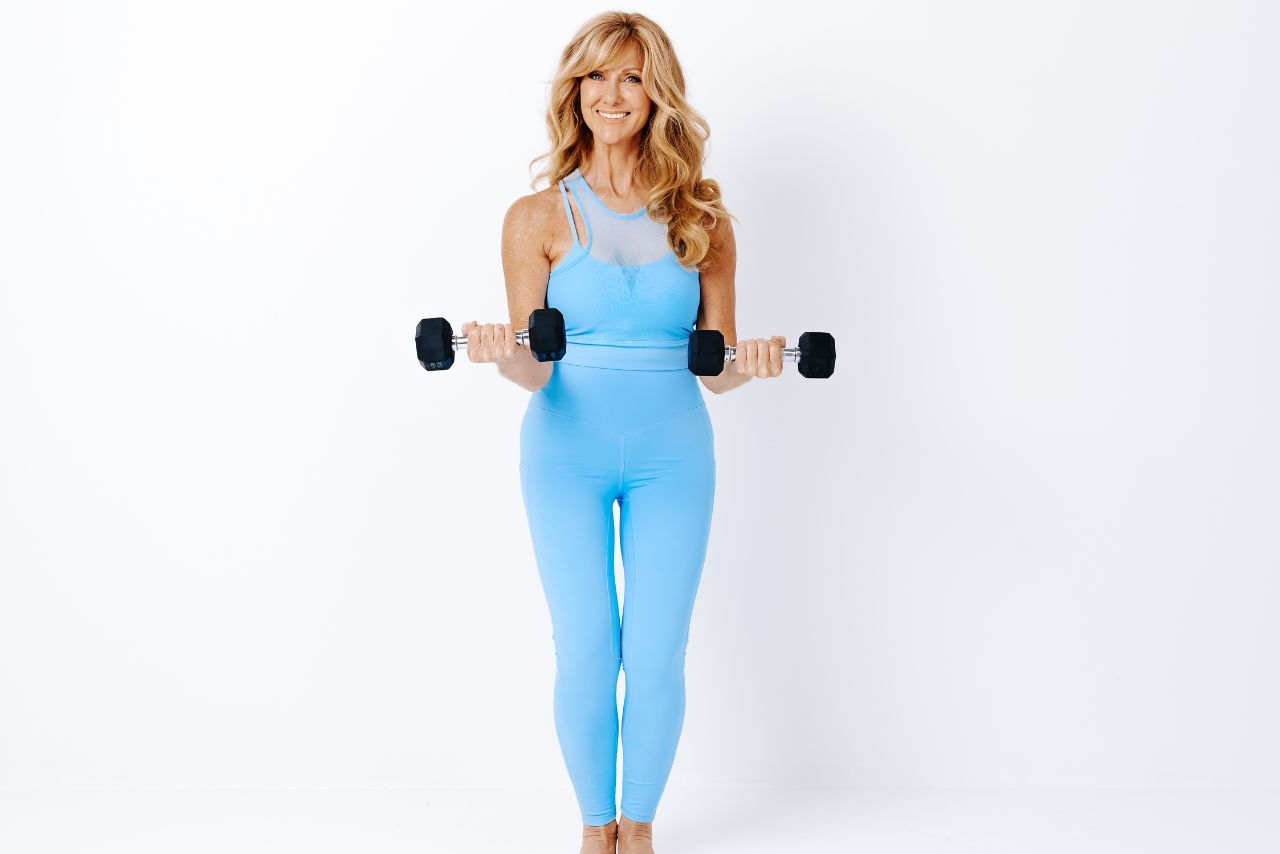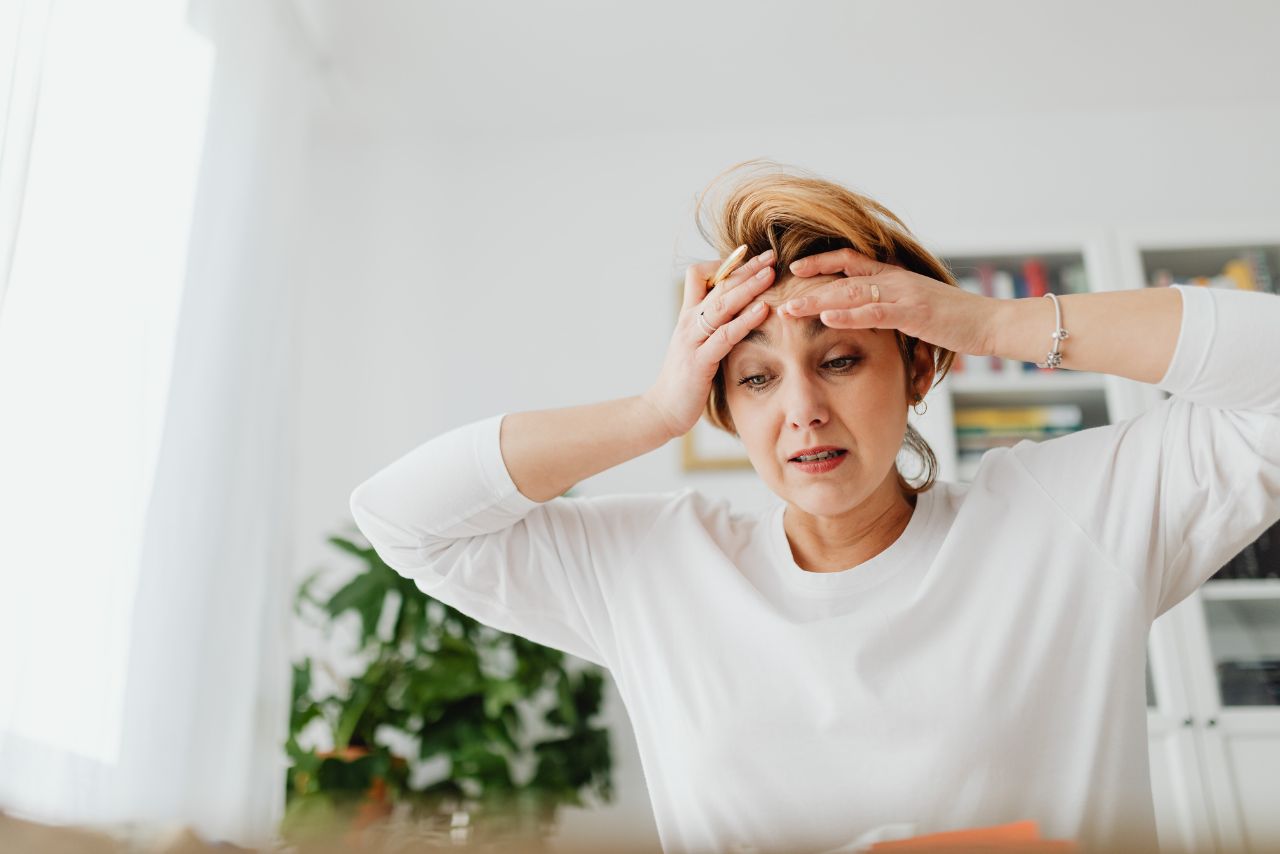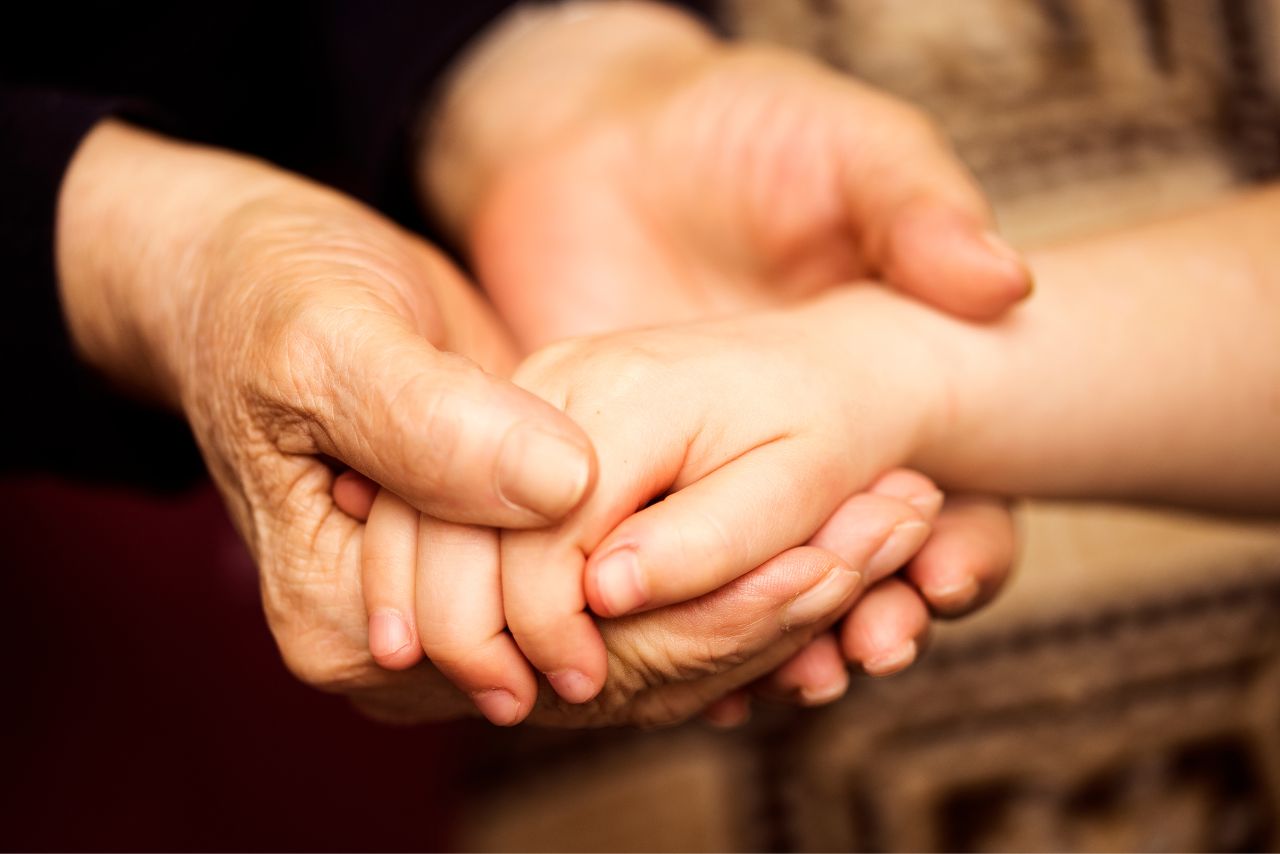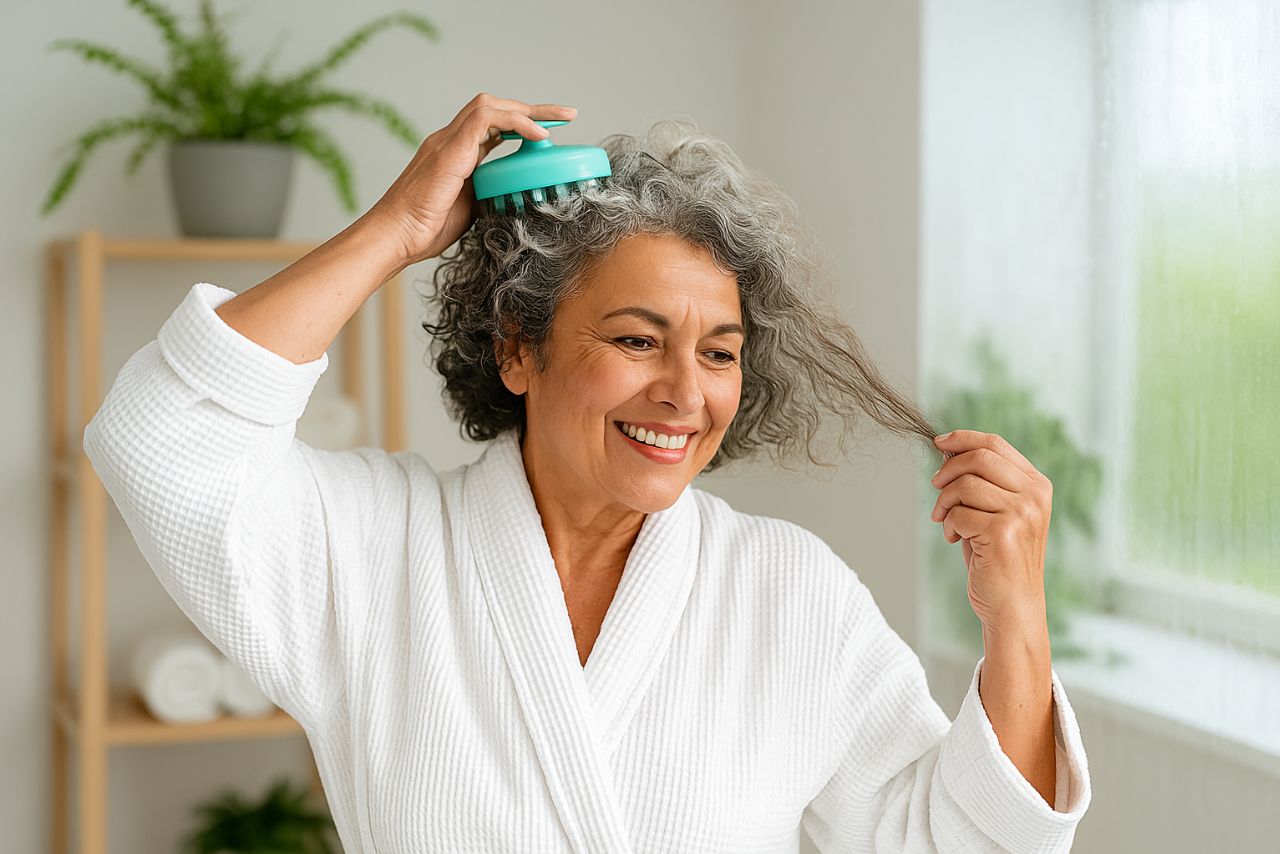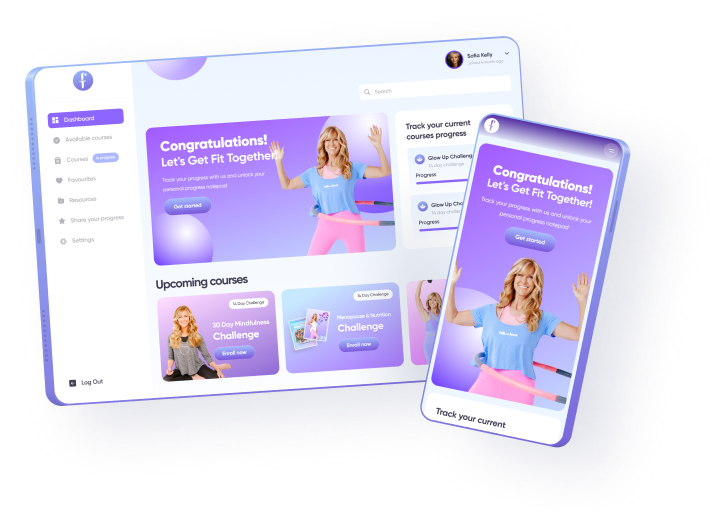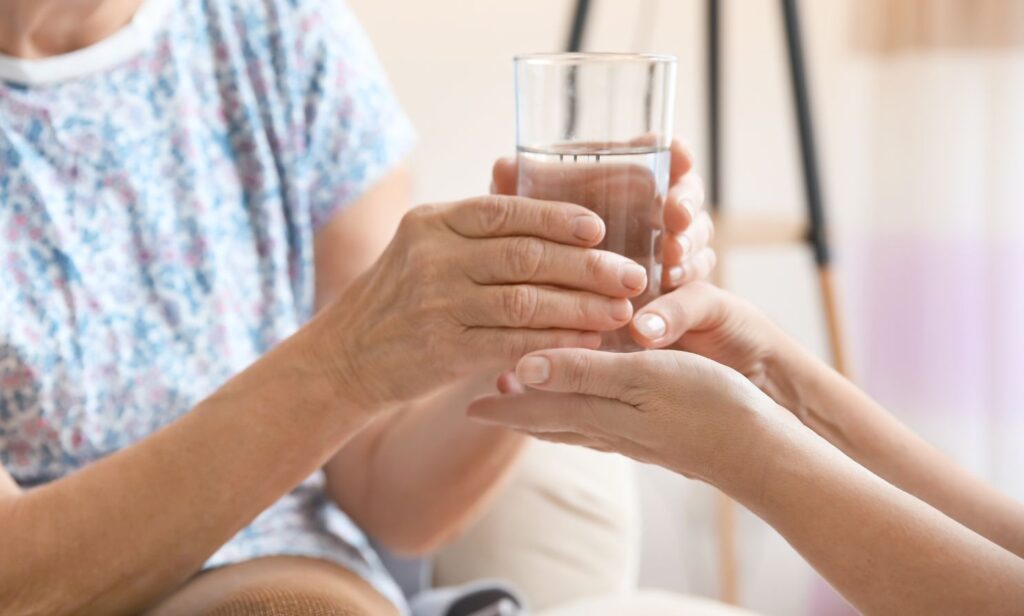
As we reach our 50s, it is important to stay hydrated for good health and to feel our best. Most of the time, we forget how important it is to drink enough water to stay hydrated.
Drinking enough water is important for keeping your body working well and for your overall health. In fact, staying hydrated can help keep you from getting urinary tract infections, kidney stones, and constipation, all of which are common health problems that come with getting older. It is also very important for keeping the skin and joints healthy.
As a result, it is important to know how important it is to stay hydrated and make plans to make sure you get enough water every day.
Recommended Daily Water Intake For Women Over 50
While individual hydration needs may vary based on factors such as activity level, climate, and health status, a general guideline for daily water intake can be helpful.
Most health experts say that women over 50 should drink 8 to 10 cups (64 to 80 ounces) of water every day. This recommendation takes into account age-related dehydration and the body’s changing hydration needs.
Even if you do not feel thirsty, you should pay attention to your body and drink water throughout the day. Dry mouth, dark urine, feeling tired, and feeling dizzy are all signs of being dehydrated.
Staying hydrated is important for women over 50 because it helps their bodies work right, keeps their skin healthy, improves digestion, and stops common age-related problems like urinary tract infections and constipation.
Besides plain water, foods that are high in water, like fruits, vegetables, and soups, can also help you drink more water. Do not forget to change how much water you drink depending on things like how active you are, the temperature outside, and any medicines or health problems that might affect your hydration levels.
Signs of Dehydration in Women Over 50
Older people are less able to keep water in their bodies, so dehydration can be very bad for them. It is important to know the signs of dehydration to avoid more problems.
Here are some of the signs of dehydration;
- Dry Mouth: The body needs moisture to produce saliva, so a dry mouth can indicate dehydration.
- Dark Urine: Dark urine, from amber to dark yellow, may indicate dehydration. Low fluid intake concentrates urine, darkening it.
- Fatigue: Without enough water, the body’s cells and organs may not function properly, causing fatigue.
- Dizziness or lightheadedness: In severe dehydration cases, women over 50 may faint due to reduced blood volume and circulation.
- Headaches: Dehydration can reduce brain blood flow, causing headaches or migraines.
- Dry Skin: Dehydrated skin becomes dry, flaky, and less elastic due to insufficient moisture.
- Muscle cramps: Low fluid levels can cause electrolyte imbalances, which can cause muscle cramps or spasms, especially during exercise.
- Reduced Urination: Rare urination and decreased urine volume may indicate dehydration. When dehydrated, the body produces less urine to conserve fluids.
- Constipation: Insufficient water intake can cause hardened stools and slower bowel movements, causing constipation.
- Confusion or Disorientation: Heavy dehydration can impair cognitive function, causing confusion, disorientation, or concentration problems in older women.
If you have any of these symptoms, you need to drink more water right away and see a doctor if the symptoms do not go away.
Easy Tips to Drink More Water Daily

You can drink more water without feeling overwhelmed. You can stay hydrated and healthy by following a few simple tips.
1. Always keep a water bottle with you
You should always carry a water bottle, whether at home, work, or traveling. Keeping water handy will remind you to drink throughout the day.
Add lemon, cucumber, or mint to your water to make it more enjoyable. Install apps or set phone reminders to drink water regularly. Creating a routine will help you meet your daily water intake goals.
Recommended Products
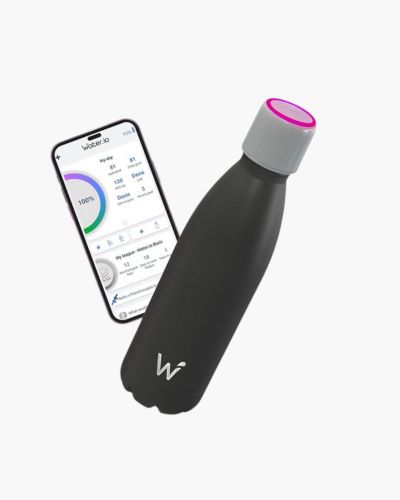
Smart Water Bottle
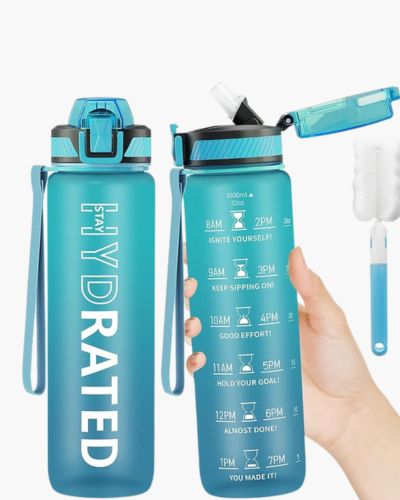
Hydrated Water Bottle
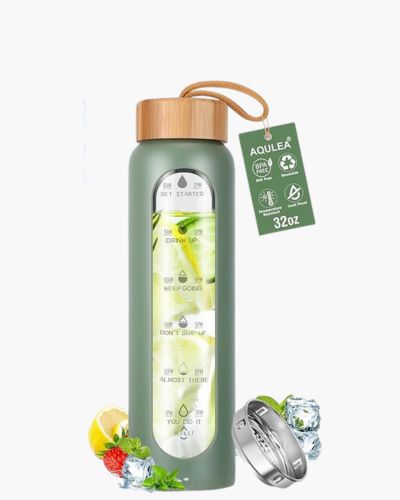
Aqulea 32 Oz Glass Bottle
2. Eat water-rich foods
Eat water-rich foods to boost your fluid intake in addition to drinking water. Fresh produce like watermelon, cucumbers, strawberries, and spinach provides vitamins, minerals and hydration.
Soups and broths are another tasty and healthy way to drink more water. Watch what you eat and try to include foods that will keep you hydrated in every meal.
3. Choose the right beverages for hydration
Although water is the best way to stay hydrated, other drinks can also help you reach your daily fluid goals. That being said, it is important to pick drinks that will properly hydrate your body.
Avoid sugary drinks, as they can lead to increased thirst and have negative effects on your health. Instead, opt for unsweetened herbal teas, infused water, and electrolyte-rich drinks. These options will not only quench your thirst but also provide additional benefits to your body.
READ ALSO: 9 Anti-aging Summer Drinks To Keep You Cool Even On The Hottest Days
4. Create a water intake schedule
You might want to make a water intake schedule to make sure you always meet your daily water intake goals. Breaking up your day into clear time blocks and setting goals for each one can help.
For instance, you could try to drink a glass of water when you wake up, before each meal, and before going to bed. Setting a routine will help you drink water every day, which will make it easier to stay hydrated during the day.
Don’t forget to drink a glass of water before every meal. Additionally, have a glass of water when you wake up in the morning and another one before you go to bed at night. This will help you stay awake and alert in the morning and keep you feeling refreshed and ready to go.
5. Use technology to track your water intake
These days, there are lots of apps and gadgets that can help you keep track of how much water you drink. You can use these tools to keep an eye on your hydration levels and make sure you drink enough water every day.
Some apps let you set reminders, keep track of your daily progress, and even get suggestions based on your specific needs.
If you want to stay healthy and hydrated, you might want to check out these products to help you keep track of your water intake.
READ ALSO: Hydration: The Ultimate Anti-Aging Solution Beyond Botox
Overcoming Common Barriers to Staying Hydrated
Sometimes it is hard to stay hydrated, especially when you are dealing with everyday problems. One common problem is forgetfulness. There are times when life gets too busy and you forget to drink enough water.
Set alarms on your phone, use water tracking apps, or make notes on your calendar to remind you to drink water at regular times. Another barrier is taste preference.
If plain water does not appeal to you, try adding natural flavors to it or drinking herbal teas instead. Make it a daily habit to do what works best for you.
Closing Thoughts
Keeping yourself properly hydrated is more and more important for your health and well-being as you get older. You can make sure you meet your daily water intake goals if you know how important it is to stay hydrated and follow these top tips.
According to the National Academy of Medicine, most people need about 90 to 125 ounces (2,700 to 3,700 ml) of fluids every day. These fluids can be water, drinks, and foods that are high in water.
Remember to listen to your body, eat water-rich foods, choose beverages wisely, set a water intake schedule, and use technology to track your progress.
Make staying hydrated a priority in your daily routine and experience the positive impact it can have on your overall well-being.
♡ Love ♡,
Schellea

